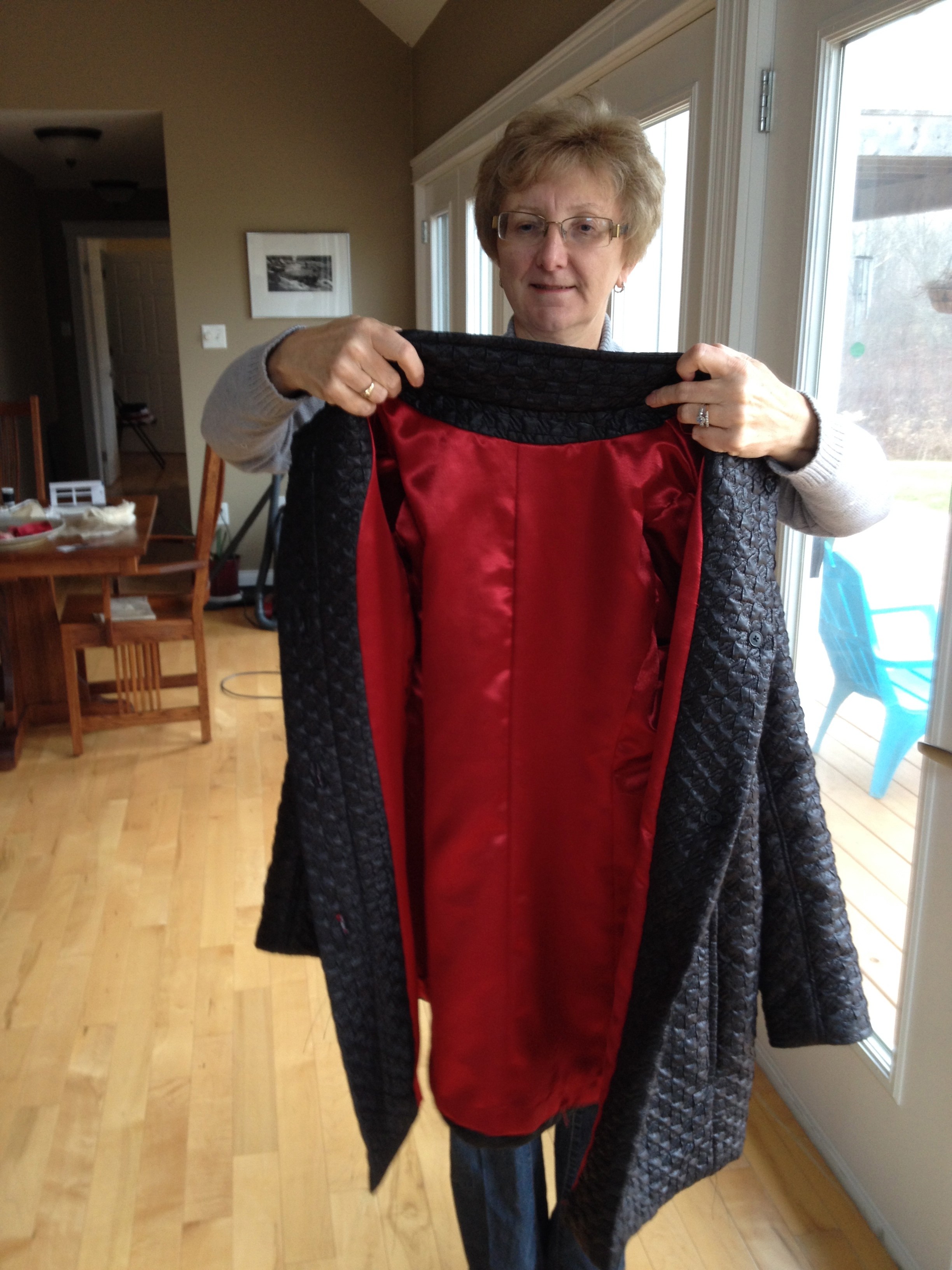

I’m alert for 15 minutes, maybe longer, at a time. What I’m Like: My hands and feet fascinate me. The more you talk and introduce different things to me, the more I learn. It’s not too early to sing or read to me. What I Need: I need milk, a smoke-free environment, a warm place to sleep, hugs and kisses, and to hear your loving voice. What I’m Like: I can’t support my own head and I’m awake about one hour in every ten (though it may seem more). Through “the eyes of a child,” here is what you might expect during the first eighteen months. Soon they practice rolling skills, crawling, walking, and other great physical adventures. They take great pleasure in discovering what they can do with their voice, hands, feet, and toes. The overall goal is not to “teach” your baby but to interact and explore her world with her. To help infants mature and learn, the caregiver should stimulate but not overwhelm them. Babies gather information through touch, taste, smell, sight, and sound. In this relatively short time span, an infant sees her world through her senses. In the first eighteen months after birth, an infant makes miraculous progress. Return to Top Birth to eighteen months: an overview The following pages provide insight into a child’s developmental stages from birth through fourteen years. Keep your child’s personality and age in mind when looking for child care experiences and activities. The first five years are especially crucial for physical, intellectual, and social-emotional development.

One thing we know is all children love to learn new things by exploring and discovering. Children also learn in different ways depending on their developmental stage. Another wants you to show her the answer over and over. One child will sit and listen patiently, another cannot wait to move and count beads. Watch a group of children and you’ll understand at once what this means. Each child has his own way of learning-some learn visually, others through touch, taste, and sound. Choose quality child care and stay involved.įor more information, visit the First 5 California Parents' SiteĬhildren learn in many different ways.Use discipline as an opportunity to teach.Here are some tips to consider during your child’s early years: Recent brain research indicates that birth to age three are the most important years in a child’s development. At every stage, what she needs is your love, understanding, and time. Lock your doors and cabinets, and take a deep breath during those exploration years! Then there will be an age when independence is all she wants. As she grows, she may get into everything. At times, she may be fascinated with her hands, her feet, and her mouth. As a parent, you may hear the words “developmental stages.” This is just another way of saying your child is moving through a certain time period in the growing-up process. Developmental stagesĪs your child grows, you may find yourself searching for clues to her behavior. By understanding your child’s personality, you and your caregiver can help him succeed by offering care, activities, and discipline that best fit his needs. This is crucial to nurturing his healthy emotional growth. Your caregiver should be in tune with your child’s special personality and treat your child in a positive and caring manner that agrees with his special personality. Just like adults, children may have outgoing, shy, or even-tempered natures. PersonalityĮach child has his own personality and responds to caregivers or experiences differently. Understanding what makes your child feel secure and knowing the activities he enjoys and will learn from will make a difference in your final child care decision. Keep your child’s age and personality in mind when looking for the program that best meets his needs. Look for child care that stimulates and encourages your child’s physical, intellectual, and social growth.

Choosing quality care that is in a healthy and safe environment should be your number one priority.


 0 kommentar(er)
0 kommentar(er)
